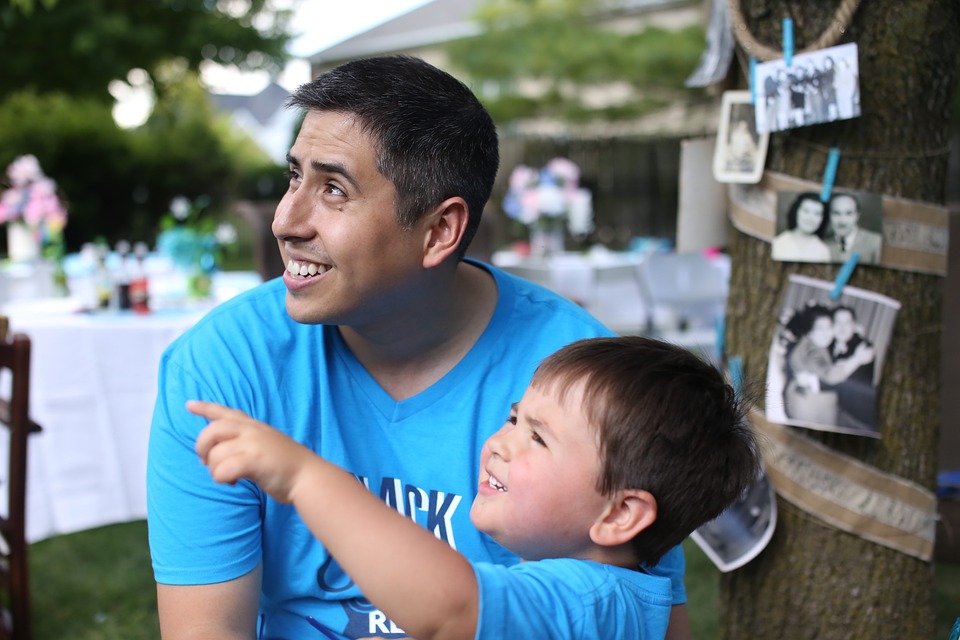Parenthood is one of life’s most profound experiences, filled with moments of joy, challenge, and immense responsibility. As guardians, parents play a crucial role in steering the course of their children’s lives, shaping their personalities and affecting their emotional and physical well-being. This article aims to provide essential tips to empower parents, enabling them to nurture their child’s growth and foster a healthy, supportive environment that encourages their well-being.
Understanding the Foundations of Nurturing
The Importance of Emotional Support
One of the cornerstones of effective parenting is emotional support. Children are like sponges; they absorb not only information but also the emotional climates created around them. When a child feels loved, supported, and understood, they are more likely to develop self-esteem and resilience. Emotional support comes in various forms, including:
-
Active Listening: Taking the time to hear what your child has to say, validating their feelings, and responding appropriately sets a solid foundation for open communication.
-
Quality Time: Engaging in activities that your child enjoys—be it playing games, reading books, or simply talking about their day—creates lasting bonds and reinforces your support.
- Affirmation and Encouragement: Simple affirmations can significantly boost a child’s sense of self-worth. Complimenting their efforts, not just their successes, encourages a growth mindset.
Creating a Safe Environment
A nurturing environment is pivotal for any child’s overall development. This goes beyond physical safety; it encompasses emotional and psychological safety as well. Here are a few key aspects:
-
Consistent Routines: Predictable routines help children feel secure. Regular meal times, bedtimes, and family activities create a structured environment that provides a sense of stability.
-
Encouraging Independence: As children grow, allowing them to make choices and empowering them to take on age-appropriate responsibilities can significantly enhance their confidence and problem-solving skills.
- Open Communication: Encouraging kids to express their thoughts and feelings fosters trust and openness. When children know they can come to you without judgment, they are more likely to share their fears, concerns, and triumphs.
Fostering Physical Health
Nutrition and Exercise
Healthy eating habits and physical activity are integral to a child’s growth and well-being. Parents can play a proactive role by implementing the following strategies:
-
Model Healthy Eating: Kids often imitate their parents. By making nutritious foods a central part of your family’s diet, you teach your child to understand the benefits of healthy eating.
-
Make Mealtime Enjoyable: Try to create a positive atmosphere during meals. Involve your children in meal preparations and discussions about the importance of various food groups.
- Encourage Physical Activity: Aim for at least an hour of physical activity daily. Family hikes, bike rides, or playing sports together not only build healthy habits but also create wonderful bonding opportunities.
Regular Health Check-ups
Keeping up with regular health check-ups is essential for monitoring your child’s growth and identifying any potential issues early on. Parents should prioritize:
-
Routine Health Screenings: Stay on top of vaccinations, dental check-ups, and other preventive screenings. Early detection is vital for successful interventions.
- Mental Health Awareness: Be attentive to your child’s mental health as much as their physical health. Regularly check in on their emotional well-being and seek professional help if you notice any signs of distress or anxiety.
Cultivating Lifelong Skills
Encouraging Learning and Curiosity
Creating a love for learning and curiosity in children can shape their future in profound ways. Here are strategies for fostering these traits:
-
Read Together: Develop a routine of reading together. This not only enhances language skills but also opens up discussions about various topics, sparking curiosity.
-
Encourage Questions: When children ask questions, rather than providing immediate answers, encourage them to explore and find out more. This method cultivates critical thinking and problem-solving skills.
- Support Their Interests: Whether it’s science, art, music, or sports, support and provide resources that allow your child to explore their interests. This nurtures passion and dedication towards learning.
Teaching Values and Responsibility
As children grow, instilling values and a sense of responsibility becomes vital. Here are some effective strategies:
-
Model Desired Values: Demonstrate honesty, kindness, and empathy in your daily interactions. Children learn a lot through observation.
-
Assign Age-Appropriate Chores: Teaching responsibility through household chores can foster independence and a sense of belonging. Make it a family effort rather than a punishment.
- Discuss Consequences: Help your children understand the consequences of their actions. Open conversations about morality, ethics, and social responsibility are crucial for developing well-rounded individuals.
Conclusion: A Journey of Growth
Empowering parenthood is a multifaceted journey that requires dedication, love, and a willingness to learn and adapt. By providing emotional support, creating a safe and nurturing environment, fostering physical health, and cultivating lifelong skills, parents can significantly influence their child’s growth and well-being.
As we embrace the responsibilities of parenthood, it is essential to remember that every child is unique and develops at their own pace. The ultimate goal is to raise well-rounded individuals equipped with the tools they need to thrive in an ever-evolving world. By being present, supportive, and proactive, parents can lay the groundwork for their children to lead happy, fulfilling lives. Empowering parenthood is not just about nurturing a child’s growth; it’s about nurturing the bond that lasts a lifetime.









Leave a Comment